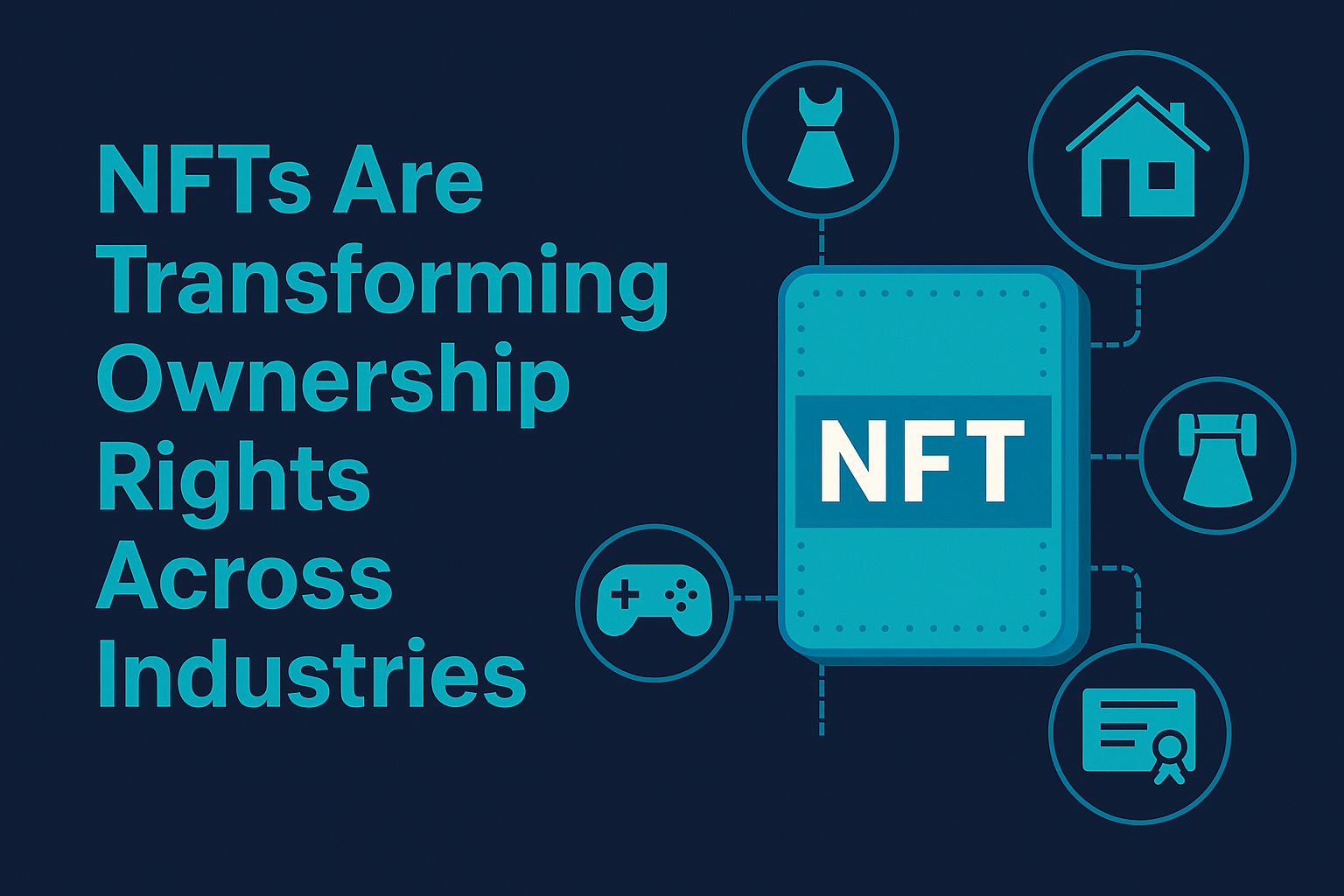The financial landscape is undergoing a profound transformation, driven by groundbreaking technologies such as blockchain, open banking, and artificial intelligence (AI). As we move closer to 2025, these innovations are poised to redefine the way financial services are delivered, enabling greater efficiency, inclusivity, and transparency.
Blockchain Revolutionizing Asset Management
One of the most transformative trends is the tokenization of traditional assets, a process that leverages blockchain technology to convert real-world assets into digital tokens. This innovation is unlocking new opportunities for both investors and institutions by:
- Enhancing Liquidity: Tokenization allows fractional ownership of assets, enabling investors to trade smaller portions and access previously illiquid markets.
- Reducing Costs: By eliminating intermediaries, blockchain simplifies transaction processes, reducing fees and administrative overhead.
- Improving Transparency: The immutable nature of blockchain ensures secure, tamper-proof records, fostering trust among stakeholders.
The tokenization market is projected to reach $16.1 trillion by 2030, reflecting its immense potential to reshape asset management. From real estate and art to equities and bonds, the possibilities are vast, and 2025 is expected to see significant adoption across industries.
Open Banking Driving Financial Inclusivity
Open banking, powered by APIs (Application Programming Interfaces), is another critical trend shaping the financial sector. By enabling third-party developers to access banking data (with customer consent), open banking is driving innovation and competition in financial services. Key benefits include:
- Customized Financial Solutions: Fintech startups and banks can use open banking data to offer personalized financial products tailored to individual needs.
- Increased Competition: Smaller players can compete with established institutions, fostering a more dynamic and inclusive financial ecosystem.
- Enhanced User Experience: Seamless integration across financial platforms simplifies money management for consumers.
Governments and regulatory bodies worldwide are encouraging open banking initiatives, and by 2025, it is expected to be a standard feature in many financial systems, empowering customers with greater control over their financial data.
Artificial Intelligence Redefining Financial Services
Artificial intelligence continues to be a game-changer in finance, enabling everything from fraud detection and risk management to personalized customer experiences. By 2025, AI’s role in finance is expected to expand even further, with significant developments in:
- Automated Trading: AI-powered algorithms are making real-time trading decisions, maximizing returns while minimizing risks.
- Fraud Prevention: Advanced machine learning models can detect suspicious activities with unprecedented accuracy, safeguarding users and institutions.
- Customer Support: AI chatbots and virtual assistants are providing 24/7 support, enhancing customer satisfaction and reducing operational costs.
As AI continues to evolve, its integration into financial services will enhance efficiency, accuracy, and accessibility, making finance smarter and more resilient.
The Convergence of Technologies
While blockchain, open banking, and AI are impactful individually, their convergence is expected to drive unprecedented innovation. For instance:
- Blockchain’s secure and transparent infrastructure can complement AI’s data-driven insights to optimize trading and asset management.
- Open banking data can be combined with AI analytics to create hyper-personalized financial solutions.
- Tokenized assets enabled by blockchain can be integrated into open banking ecosystems, providing seamless access to a diverse range of investment opportunities.
Looking Ahead to 2025
The fintech industry is on the brink of a paradigm shift, with blockchain, open banking, and AI leading the charge. By 2025, these technologies will not only revolutionize the financial sector but also democratize access to financial services, empowering individuals and businesses alike.
As we approach this milestone year, financial institutions, regulators, and technology providers must work collaboratively to navigate challenges such as cybersecurity, data privacy, and regulatory compliance. By doing so, they can harness the full potential of these innovations to build a more inclusive, efficient, and resilient financial future.




